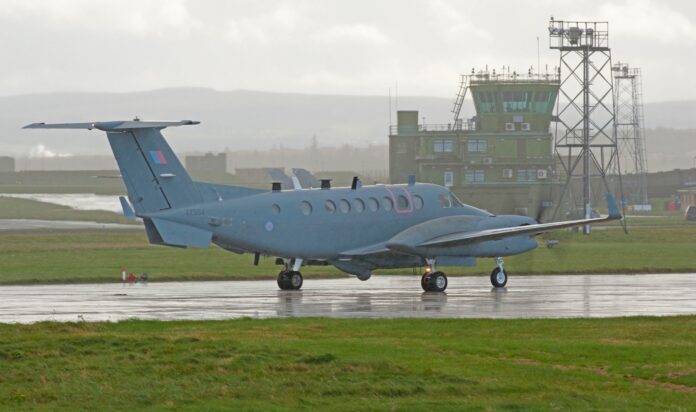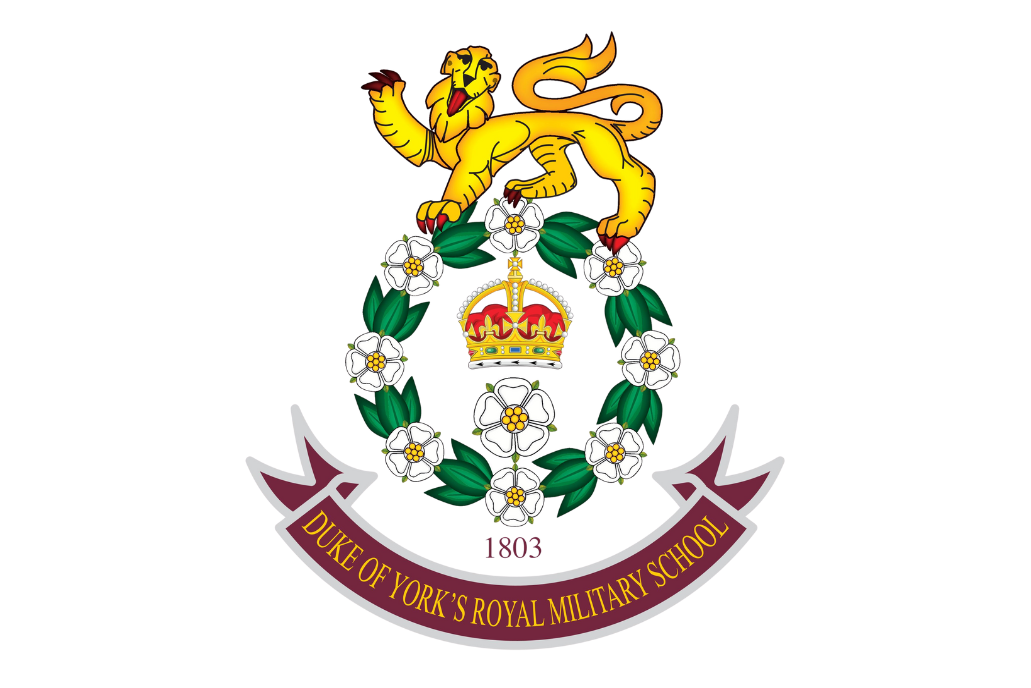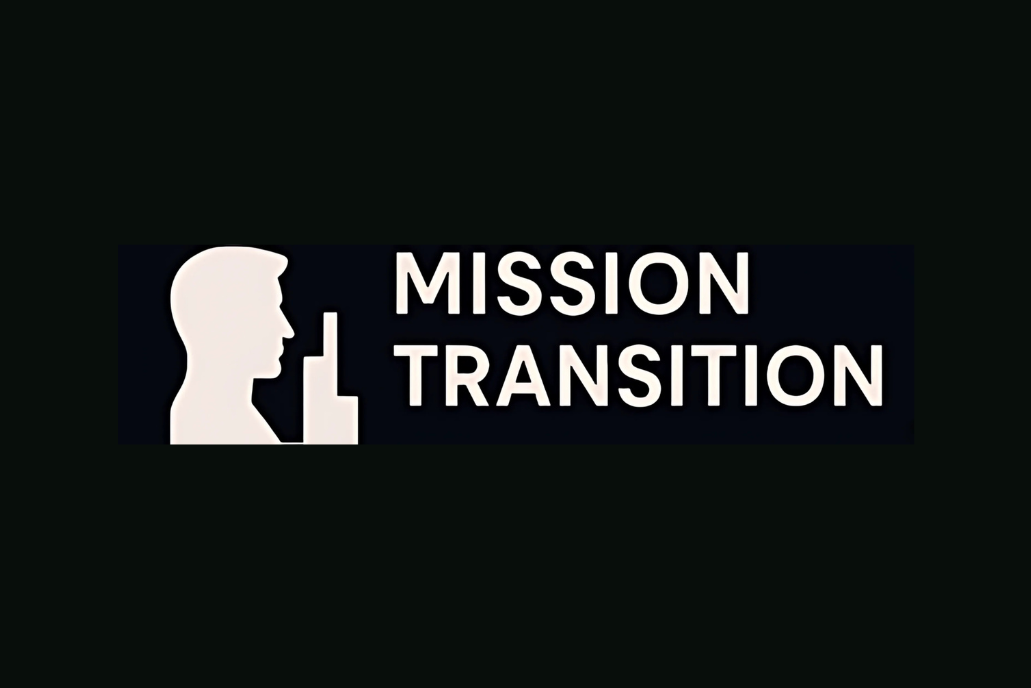As the ceasefire between Israel and Hamas continues, two British RAF surveillance planes have been spotted flying over the eastern Mediterranean. And this, even as hostages are being released. So, why are these spy planes still in the air while peace efforts are underway?
Since December 2023, the UK’s Royal Air Force (RAF) has been sending its Shadow R1 spy planes over Gaza, despite repeated claims that these flights were solely for locating hostages. But the latest flights have raised some serious questions, particularly as the hostages were being exchanged. During both the first and second phases of the hostage release, RAF planes took to the skies, one departing on 19 January, the day the ceasefire began, and another on 25 January, at precisely the same time hostages were being freed.
The Foreign Office insists that the planes were “unarmed” and tasked only with locating hostages. But Zaki Sarraf from the International Centre of Justice for Palestinians (ICJP) is puzzled. If the hostilities have paused, he wonders why these flights are still taking place. His concern is understandable, given that the planes had turned off their transponders while flying over the eastern Mediterranean, raising questions about what they were truly doing in the air.
In response, the Ministry of Defence maintains that the aircraft did not enter Gazan airspace, sticking to the terms of the ceasefire agreement. But that doesn’t rule out the possibility that intelligence was gathered from Israeli airspace, or that surveillance footage might have been shared with Israel for military operations elsewhere.
There’s a growing chorus of voices calling for an inquiry into Britain’s intelligence-sharing with Israel. Sarraf, for one, suggests the continued use of these spy planes might be linked to “target acquisition,” a role the Shadow R1 aircraft is known for. While it’s unclear what exactly the planes were up to, campaigners like Sarraf argue the British public deserves more transparency on the matter, particularly when intelligence may be used to further military operations that could worsen the situation in Gaza.
The ceasefire agreement, which was designed to offer both sides a break from hostilities, stipulates that no military or reconnaissance aircraft should fly over Gaza during the exchanges of hostages. While Britain isn’t a signatory to the agreement, the continued spy flights raise suspicions that the UK might be inadvertently violating its spirit, if not the letter.
The release of British hostages, including the last British national in Gaza, Emily Damari, underscores the question: why continue the flights if peace negotiations, not surveillance, secured her freedom? The UK government’s silence on whether the RAF’s footage has been used to assist Israeli military operations further fuels the debate.
As the world watches, campaigners are calling for accountability and a public inquiry into the UK’s role in this ongoing crisis. The stakes couldn’t be higher.
















